Your car battery contains a solution of battery acid and distilled water. In most cases, the acid used is sulfuric acid. It might be true that together battery acid and distilled water power your battery, but they are so different in nature.
The most prominent differences lie in their PH levels, corrosive natures, and applications. Battery acid is more acidic and corrosive whereas distilled water is added to balance the acidic and corrosive nature of the battery acid.
What’s battery acid?
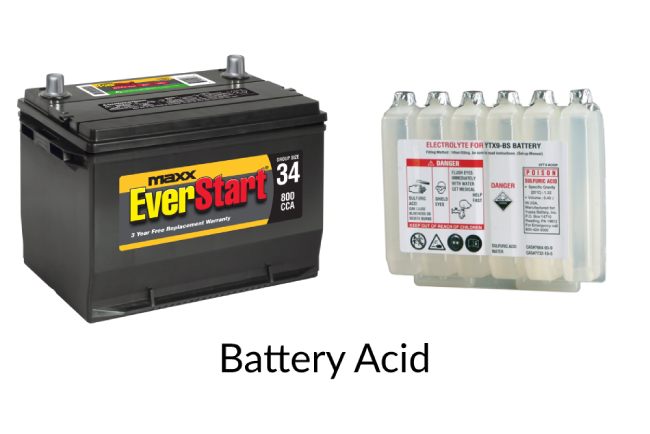
Most lead-acid batteries use a solution of sulfuric acid and water as the electrolyte. Usually, the acid is 29-32% concentrated. This liquid solution is known as battery acid. It is used to provide the chemical environment necessary for the reaction that will, in terms, start your engine.
What’s distilled water?
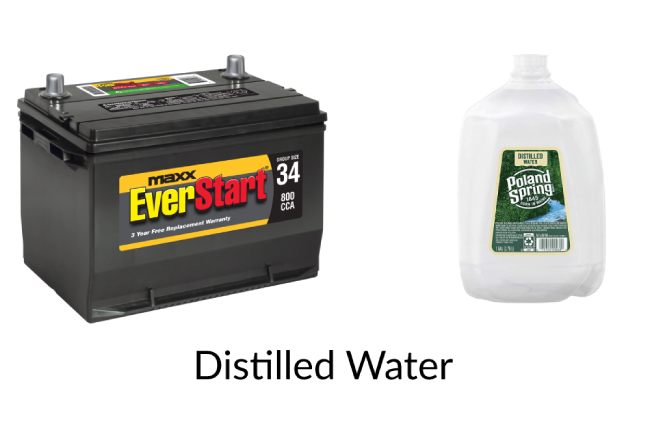
Distilled water is water in its purest form. It’s free from any minerals and microbes that standard drinking water contains. This is what you get when you combine pure hydrogen with pure oxygen. The result is slightly acidic water with absolutely no taste.
Distilled water is widely used in car batteries, sterilization processes, and other experimental works. They dilute the sulfuric acid solution inside your battery so that it can keep working for a long time.
Battery Acid vs Distilled Water: How They Differ
PH levels
Battery acid
The primary difference between battery acid and distilled water is their PH levels. For those who aren’t familiar, PH is a measurement of how acidic or basic a solution is. The lower the PH number, the more acidic your solution is. Higher PH indicates a basic/alkaline solution.
Usually, lead-acid batteries use a sulphuric acid concentration as an electrolyte. The PH level of that electrolyte solution is close to 1.
Distilled water
Normal drinking water is neutral on the PH scale, meaning it’s not too acidic or basic. The PH level of normal drinking water ranges from 6.5 to 8.5, which is right in the middle of the PH scale. Purest water contains a PH level of 7.
Distilled water, however, with a PH count of 5.5-6.9, is a bit more acidic than your regular water. It’s not as acidic as battery acid. The reason for distilled water being a bit acidic is to dilute the battery acid to a certain level (29-32% concentration).
Additionally, the higher PH distilled water doesn’t react with your car’s or battery’s metal parts as quickly as the battery acid would.
Electrolytes
Battery acid
Lead-acid batteries contain a sulfuric acid solution, usually with a 29-32% concentration. This solution acts as a source of electrons that powers your system. The positive and negative plates are dipped into the solution. The ratio of water and sulfuric acid in the solution is 3:1.
Distilled water
As you keep using your battery, the electrolyte solution loses a lot of water because the chemical reaction produces heat, evaporating the water. Consequently, the battery acid becomes more concentrated and corrosive. Distilled water is added to balance the solution.
Once diluted with distilled water, the sulfuric acid solution becomes less volatile and can start the charging/discharging cycle once again.
Corrosive nature
Battery acid
Battery acid is corrosive in nature. Most lead-acid batteries use a sulphuric acid-water solution that is comparatively less volatile than pure sulfuric acid. However, even the diluted solution is corrosive enough to damage or irritate your skin.
That’s why the electrolyte solution is protected well within the battery case.
Distilled water
Distilled water isn’t corrosive at all. You can technically drink distilled water (Don’t!!!). Distilled water lacks any mineral content so water won’t do you much good anyway, except for fulfilling your thirst.
Standard drinking water has a lot of minerals that can affect the electrolysis process inside the battery. That’s why only distilled water is advised to use in car batteries.
Use
Battery acid
Sulfuric acid has a lot of other uses besides being the electrolyte in your car’s battery. However, the particular concentration of (29-32%) has no other mentionable uses.
The main purpose of the electrolyte solution is to take your battery through a charge/discharge cycle, providing power to your systems.
Distilled water
On the flip side, distilled water has a lot of uses just like normal water but is mainly used in the sterilization process in many labs, hospitals, and workshops across the globe.
From watering plants and being used in aquariums to sterilizing equipment, distilled water is required everywhere.
Battery Acid vs Distilled Water: When to Use What?
You are never to top off your battery with sulfuric acid. You should top your battery with distilled water only. The reason behind that is to protect your battery and car.
Once the water in the electrolyte solution gets vaporized, the sulfuric acid gets concentrated and can harm the inner parts of the battery. That’s why some battery models require you to top the battery with distilled water.
Most modern-day batteries, however, are low maintenance and don’t require any maintenance. If you put sulfuric acid in your car battery instead of distilled water, the concentration of sulfuric acid will go up and damage the battery beyond repair.
Here is how to top your car battery up using distilled water:
FAQs
1. Why do some batteries need to be topped off?
After continuous charging and discharging cycles, The electrolyte inside your car battery evaporates the water, concentrating the sulfuric acid. You’ll need to top your car battery with distilled water to make the acid less volatile and keep the battery running for long.
2. Can I replace battery acid with distilled water?
No, absolutely not. You are not advised, in any condition, to replace your battery acid with anything else. The acid is corrosive enough to burn your skin. You are advised to only pour distilled water into your battery and nothing else.
3. How does distilled water become battery acid?
The electrolyte in your car battery gets concentrated by evaporating water over time. That’s when you need to apply distilled water to your battery. That will dilute the acid inside and restore the electrolyte to its maximum potential.
4. Can I drink distilled water?
Technically, yes. There is no medical harm in drinking distilled water, in case you are really thirsty. However, distilled water has no taste/flavor and therefore, you most probably won’t like it.
Normal drinking water contains a lot of added minerals to get the known flavor and for increased nutritional values. You’ll most probably find distilled water flat or bland.


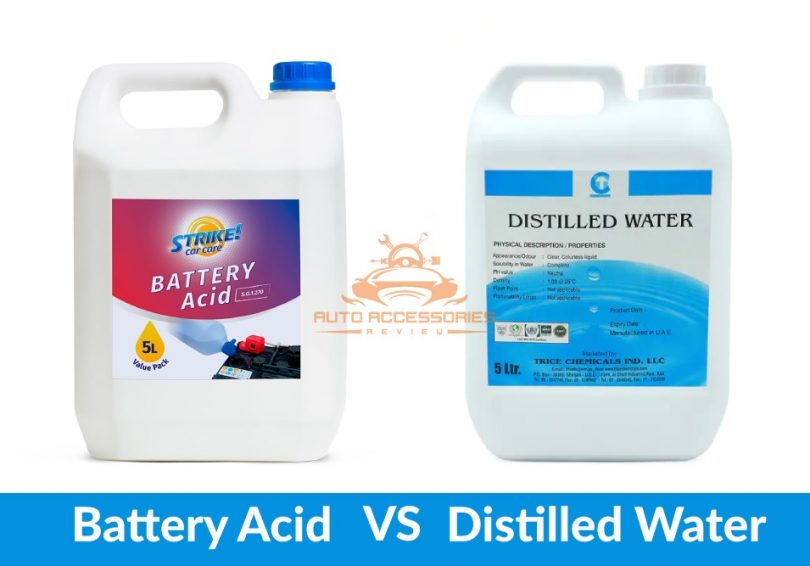
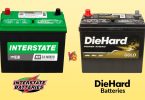
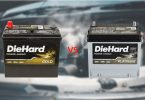
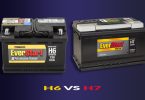
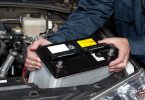
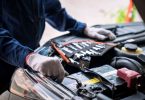
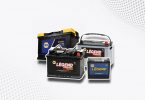

Leave a Comment